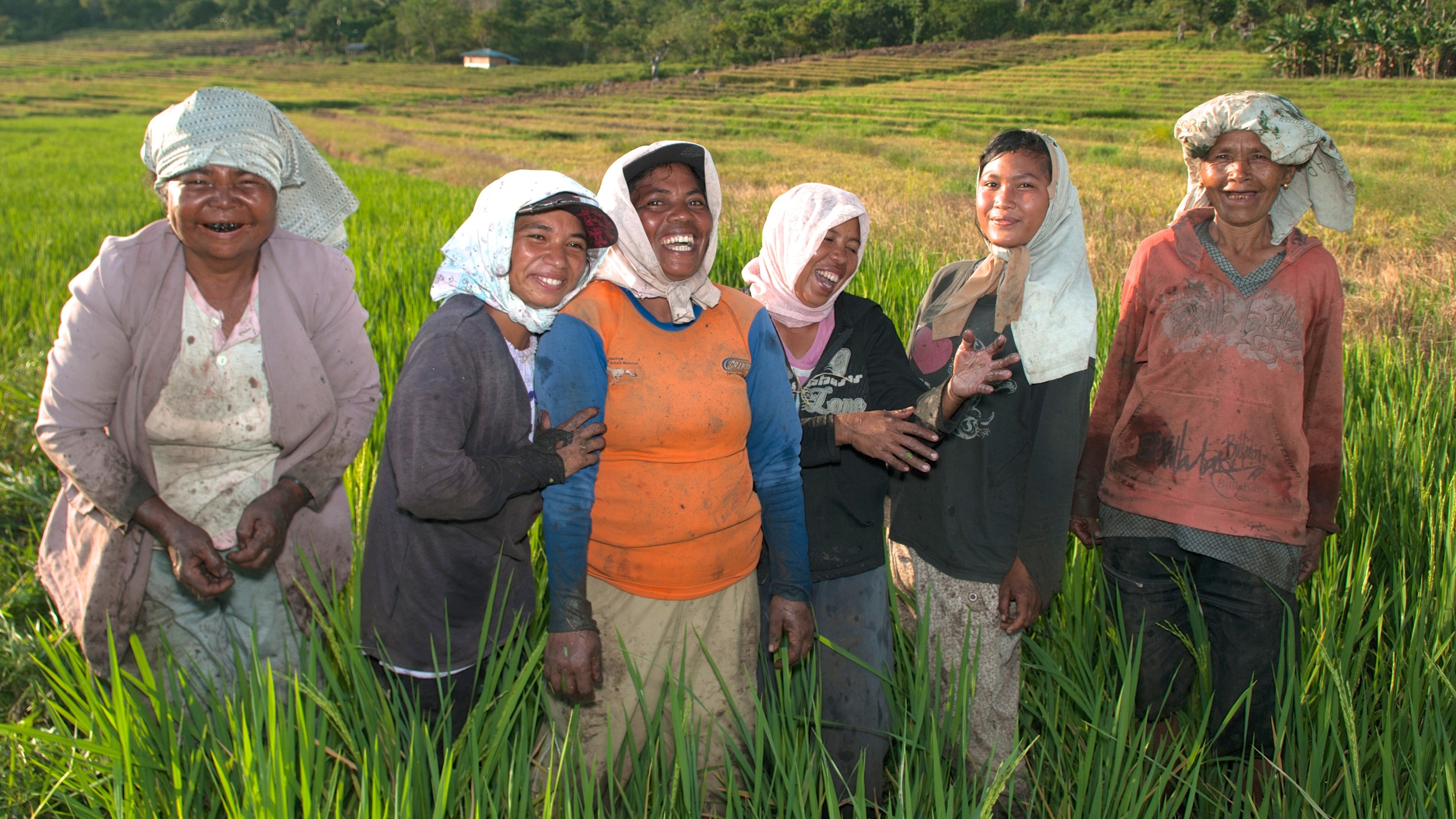CHANGING NORMS?
Should women’s entry into a traditionally male-dominated field be seen as a sign of changing gender norms? While most women report feeling pushed into charcoal production due to poverty, many are also proud to show that they can do what men do. Many married women also say that their involvement in charcoal production and trade has gained them more equal control over income.
In this sense, our findings seem to mirror the situation in Zambia’s Copperbelt, where growing economic insecurity is encouraging an increasing number of women to move into the mining sector. Findings from a recent study show that while many men historically opposed their wives going out to work, they are now applauding strong women who fend for their families and are doing what was previously seen as beyond their capabilities.
However, while most men report a general acceptance of women’s involvement in charcoal production due to the dire economic circumstances, they are not always happy about it. Some men complain that women who earn income from charcoal have become disrespectful to their husbands, while others bemoan that women now spend less time taking care of their families. Some also suspect that women are engaging in extramarital affairs when they are away from home in Lusaka selling charcoal. Women’s involvement in charcoal production and trade is thus seen as ‘home-wrecking’, and some women are said to have already lost their husbands over it.
While charcoal production and trade offers women higher incomes, greater autonomy and a sense of pride, many women are also paying a high social price for upsetting a patriarchal system – this despite the fact that both women and men view women’s increased involvement primarily as an inevitable result of poverty! To add to the irony, many women note that rampant charcoal production is resulting in a loss of fruit trees and trees good for caterpillar harvesting, both of which are important alternative income sources, particularly for female-headed households, according to another recent study.
FINDING A WAY FORWARD
So, what do the findings tell us? First, they caution against simplistic interpretations of women’s involvement in charcoal production as a sign of changed gender norms and women’s empowerment. By engaging in traditionally male-dominated activities and earning an independent income, women like Mabvuto are certainly challenging gendered divisions of labor. Hopefully, women’s entry into charcoal production can also contribute to the process of transforming unequal gender norms and power relations in rural Zambia. However, this process is currently facing a strong patriarchal backlash in the form of exploitation and stigmatization of charcoal-producing women.
Second, and on a related point, policymakers who care about gendered impacts should be aware that policies and regulations that directly or indirectly increase production costs may disproportionately affect female producers, as they rely to a greater degree on hired labor and hence have lower profit margins. Such impacts may be particularly detrimental given that many female producers are widows or divorcees, and therefore the sole breadwinners of their households.
Third, our findings demonstrate a need for more intersectional approaches to unpacking the social dynamics of the charcoal value chain. The opportunities and challenges that women are facing are certainly structured by unequal gender norms and power relations. As we have seen, these are often intertwined with other social factors, such as age and marital status, and vary depending on one’s location along the value chain.
This research was supported by UK aid from the UK government.
Copyright policy:We want you to share Forests News content, which is licensed under Creative Commons
Attribution-NonCommercial-ShareAlike 4.0 International (CC BY-NC-SA 4.0). This means you are free to redistribute our material for non-commercial purposes. All we ask is that you give Forests News appropriate credit and link to the original Forests News content, indicate if changes were made, and distribute your contributions under the same Creative Commons license. You must notify Forests News if you repost, reprint or reuse our materials by contacting
forestsnews@cifor-icraf.org.

